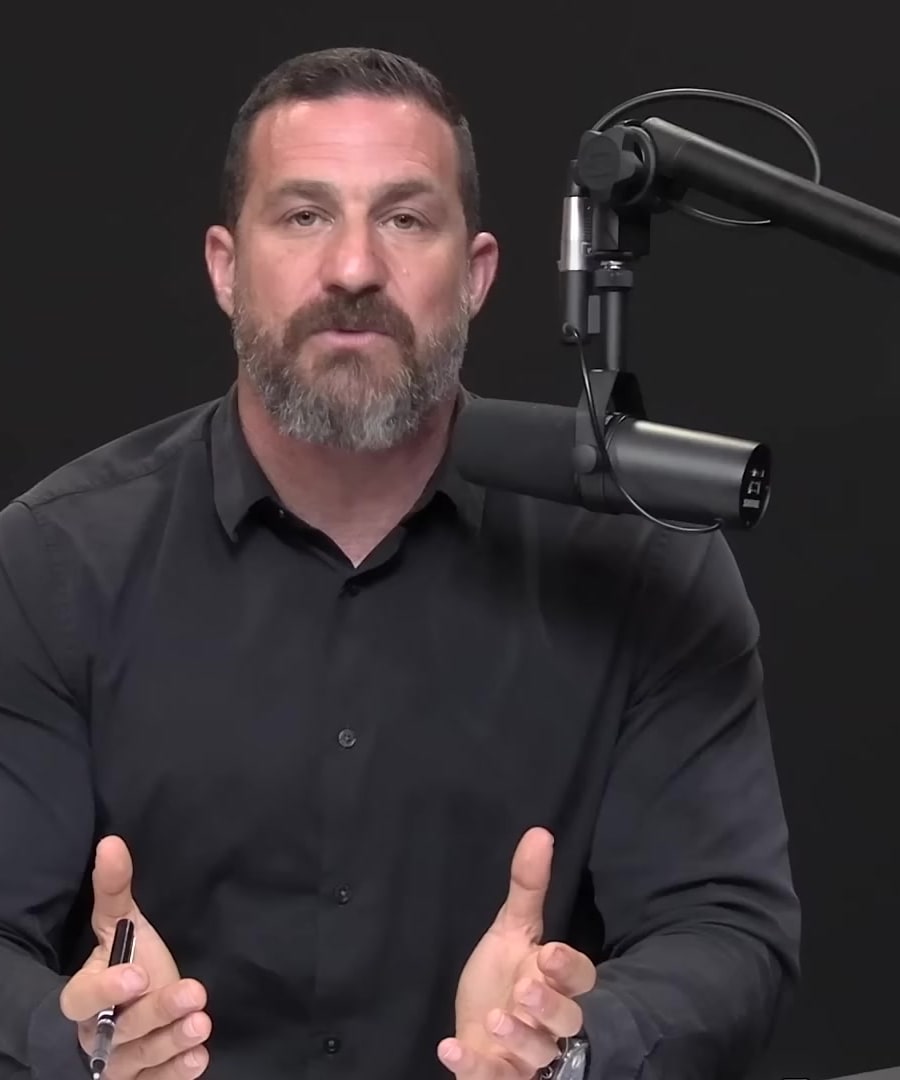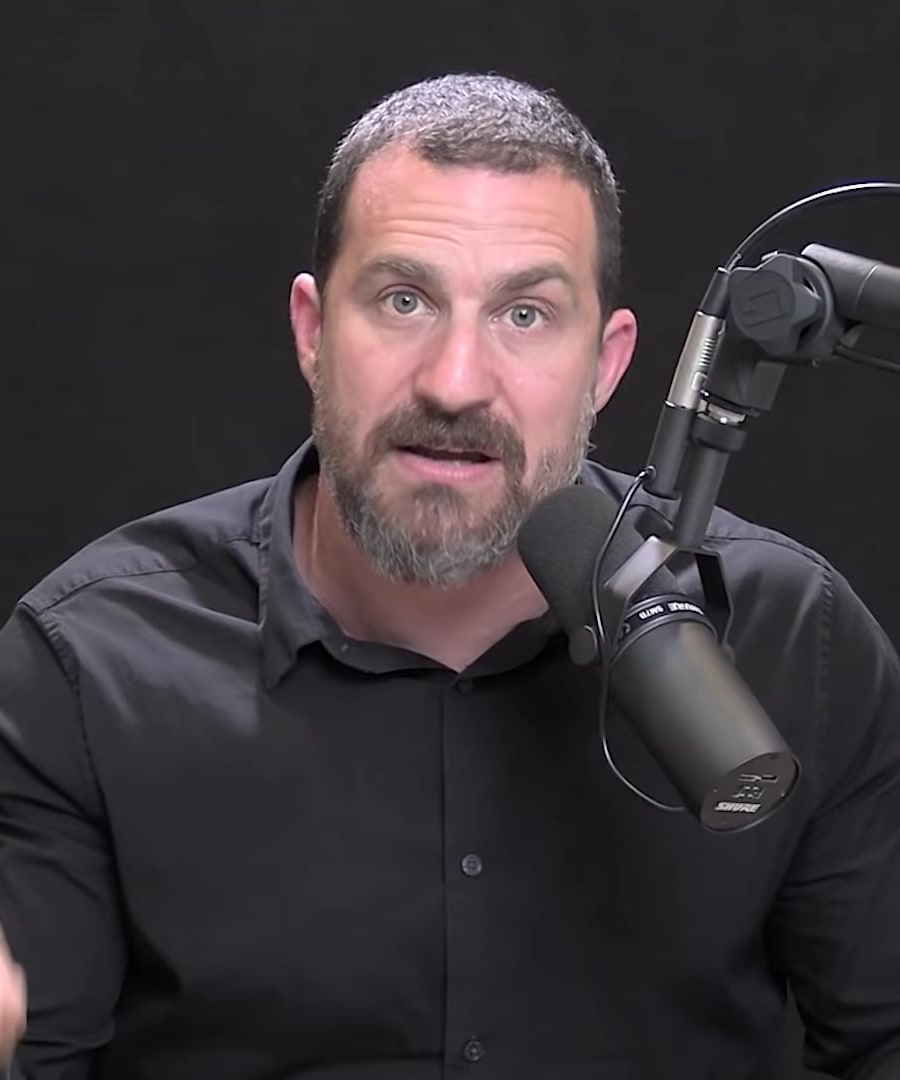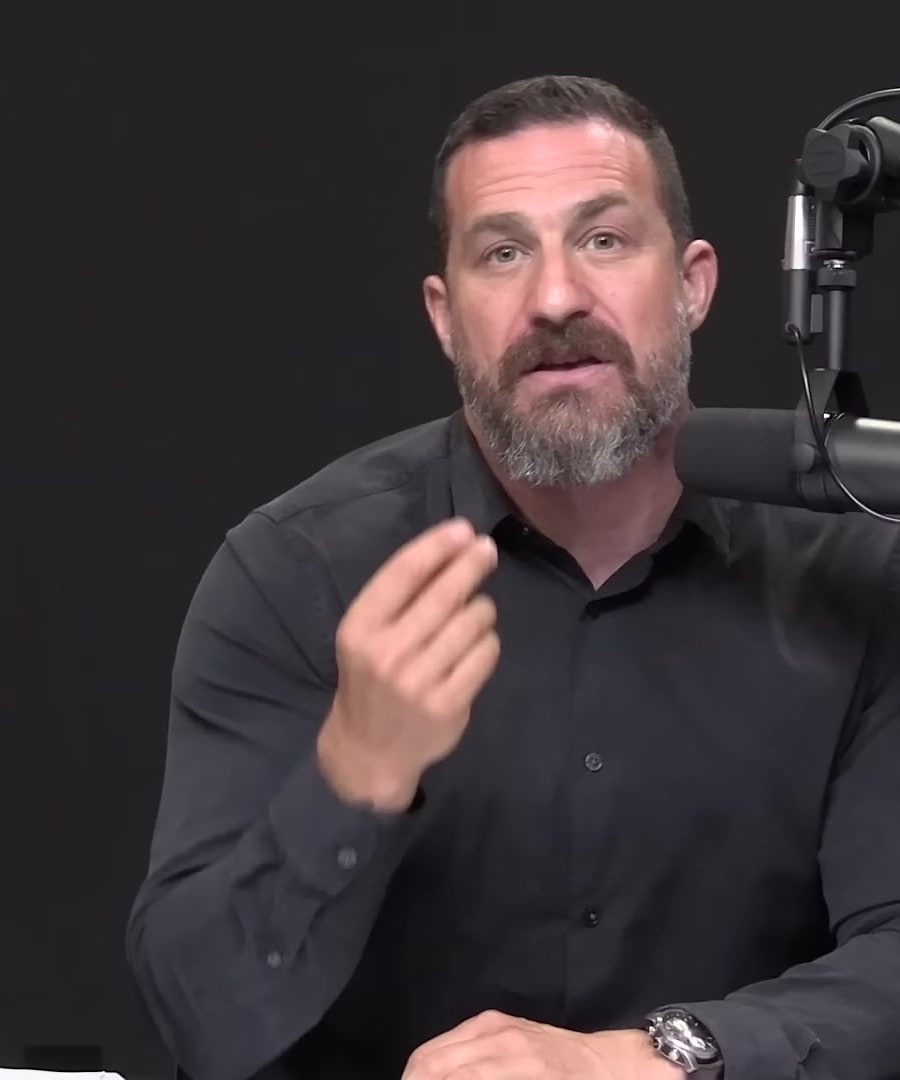What to do with ADHD
Sources:
Managing ADHD involves several strategies and treatments, with particular focus on medication, behavioral interventions, and lifestyle changes:
1. Medication
Stimulant medications like methylphenidate and amphetamines are commonly used to treat ADHD. These medications can help normalize neural circuits and improve dopamine transmission in the brain, which aids in reducing symptoms of ADHD (1). However, it is important to use these medications under strict medical supervision to manage doses effectively and minimize potential side effects (1 2).
2. Behavioral Treatments
Integrating behavioral strategies is crucial. These may include tailored learning tools to help improve focus and reduce impulsivity. Schools and therapists often use techniques such as fidget toys or other physical activities to help channel some of the excess energy and enhance focus (3).
3. Nutritional Guidance
Diet plays a significant role in managing ADHD. For instance, excessive sugar intake has been linked to worse ADHD symptoms, while omega-3 fatty acids supplementation may help mitigate these symptoms (4). A balanced diet, possibly supplemented with omega-3s, can support brain health and reduce the severity of ADHD symptoms.
4. Lifestyle Adjustments
General lifestyle modifications such as regular physical exercise, sufficient sleep, and minimizing caffeine and sugar intake can also support better management of ADHD symptoms. Engaging in regular physical activities helps in modulating neural activity and improving overall cognitive function.
5. Continuous Assessment
Regular check-ups with a healthcare provider are essential to assess the effectiveness of the treatment and make adjustments as needed. This ensures that the management approach evolves with the patient's developmental stage and changing needs (2).
It is crucial for anyone dealing with ADHD, particularly in children, to work closely with healthcare professionals to develop a comprehensive treatment plan that combines these various strategies.
RELATED QUESTIONSTell me more about strategies for managing ADHD.
Sources:
To further aid in managing ADHD, the following detailed strategies are emphasized by :
Medication Benefits and Neuroplasticity
Medications used to treat ADHD, like methylphenidate (Ritalin) and amphetamines, not only help in managing the symptoms such as hyperactivity and focus issues but also contribute to long-term benefits. These medications can enhance neuroplasticity, helping strengthen neural circuits related to focus, thus providing potential long-term improvements in neural function. The literature supports that children with ADHD who receive appropriate medication along with behavioral treatment have significantly better outcomes in the long term than those who don't 1 2 3.
Behavioral Tools in Learning Environments
Specific learning tools and classroom adjustments can make a substantial difference. For example, in schools, using fidget toys or allowing physical activities like using a rubber band attached to a desk helps kids channel their physical energy and improves focus 4.
Nutritional Adjustments
Diet plays a fundamental role. Eliminating simple sugars from the diet has been observed to dramatically improve ADHD symptoms. Some studies and meta-analyses also suggest that diet adjustments, such as reducing sugar intake and supplementing with omega-3 fatty acids, can greatly reduce or even potentially eliminate the need for medications in some children 5 6.
Ongoing Professional Evaluation
The role of a qualified psychiatrist or a pediatric neurologist in regularly assessing and adjusting treatment plans cannot be overstated. This is crucial for ensuring that ADHD treatments, including medications and dietary advice, are well-tailored to the child's ongoing developmental needs and changes 2.
These strategies not only focus on immediate symptom management but also aim to provide improvements that can last into adulthood. Each strategy needs careful consideration and personalization, often in consultation with healthcare professionals, to ensure safety and effectiveness.
RELATED QUESTIONS
What to do with ADHD
- RELATED QUESTIONS
Tell me more about strategies for managing ADHD.
- RELATED QUESTIONS





